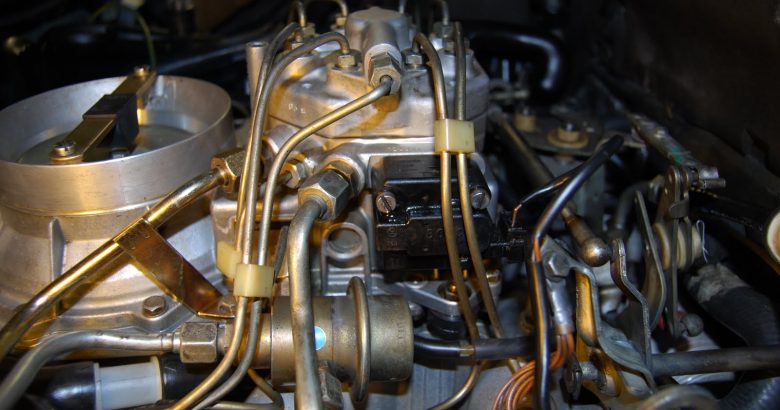
If you drive a newer automobile, you likely haven’t heard any odd noises coming out of it yet. However, if your drive an older car, well, let’s say, “odd noises are part of the experience.” It’s because a car is a collection of a whole lot of parts that simply wear out and become loose as the years accumulate and when this happens, noises are often the first notice that you get that something is wrong.
In case you hear some odd sound coming from your car, with the help of the technicians from Sheridan Ford Sales in Wilmington, a DE-based Ford Dealer, we have put together a quick guide to help identify what they problem might be.
Clunking in the front of your car
If your vehicle clunks while driving over a bumpy road something is definitely out of order. Clunking sounds can come from from bad ball joints, worn control-arm bushings, broken stabilizer links and perhaps other chassis components. A seasoned mechanic will have no problem finding out what the problem is.
Hissing under the hood
Hissing around your engine usually means that you have what mechanics call “a vacuum leak”. That’s when a rubber hose that carries engine vacuum becomes old and cracks open. Worst case, this could disable part of your emission system but get it looked it soon. The good news is that broken vacuum hoses are usually easy to fix.
Squealing under the hood
If your engine is making a squealing sound, it’s usually the serpentine belt. Sometimes called a “fan belt,” these belts get old and brittle and often squeal when you start your car. The other thing that will make a belt squeal is the belt tensioners. Belt tensioners are spring loaded devices that keep the s erpentine belt taut. They often get rusted up and the belt becomes loose and squeals. The solution is to get the tensioner replaced.
Metallic screeching by the wheels
If you hear a screeching sound when you apply your brakes, your brake pads probably need replacing. Many brake pads are actually designed with small metal tabs that rub against the rotor when the pad material is worn down. This is to alert you to the fact that it’s time to get a brake job. By the way, don’t put this one off too long. If the brake pad material gets completely worn off (to the metal backing), your rotors will get ruined and will need to be replaced.
Clunking that increases with speed
A clunking or clicking sound that increases when speed, especially when you are turning a corner is often a failing CV joint. CV joints are located on your car’s front drive axles and they are a common failure point in older cars. Sometimes if you look at the axle itself, you will see that the rubber “boot” that covers the CV joint is ripped and allowing grease to come out of it. It usually needs to be replaced when you see torn boots.
Groaning when turning
During turns, if your vehicle starts groaning away chances you have a car with a hydraulic power steering system that is low on fluid. This is a simple one to fix, check to see if the fluid is low and if so, then add some. Now, if you still hear a groaning sound when turning, you might have a steering rack that is failing. A good mechanic can advise you on this.
Pinging from the engine
If you hear a rattling or pinging coming from your engine, you may be hearing “pre-ignition” or “spark knock.” This often happens when it is very hot out and you are accelerating or towing a heavy load. This can happen when you put a lower octane gas in your car to save money. As soon as you can, add some higher octane gas to your tank and if the problem persists, have your mechanic look at it.
Image Source: v8bruiserbenz.blogspot.com